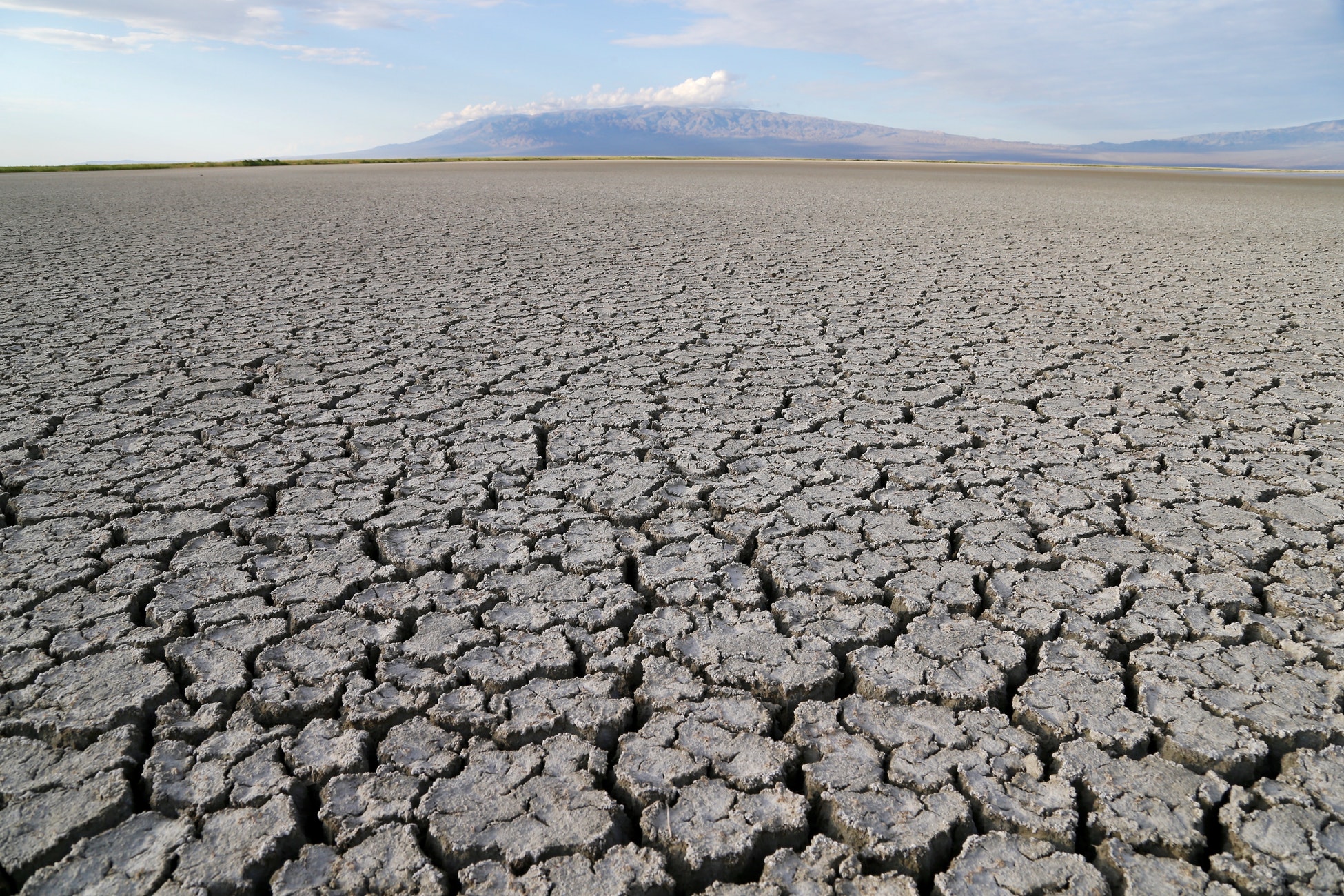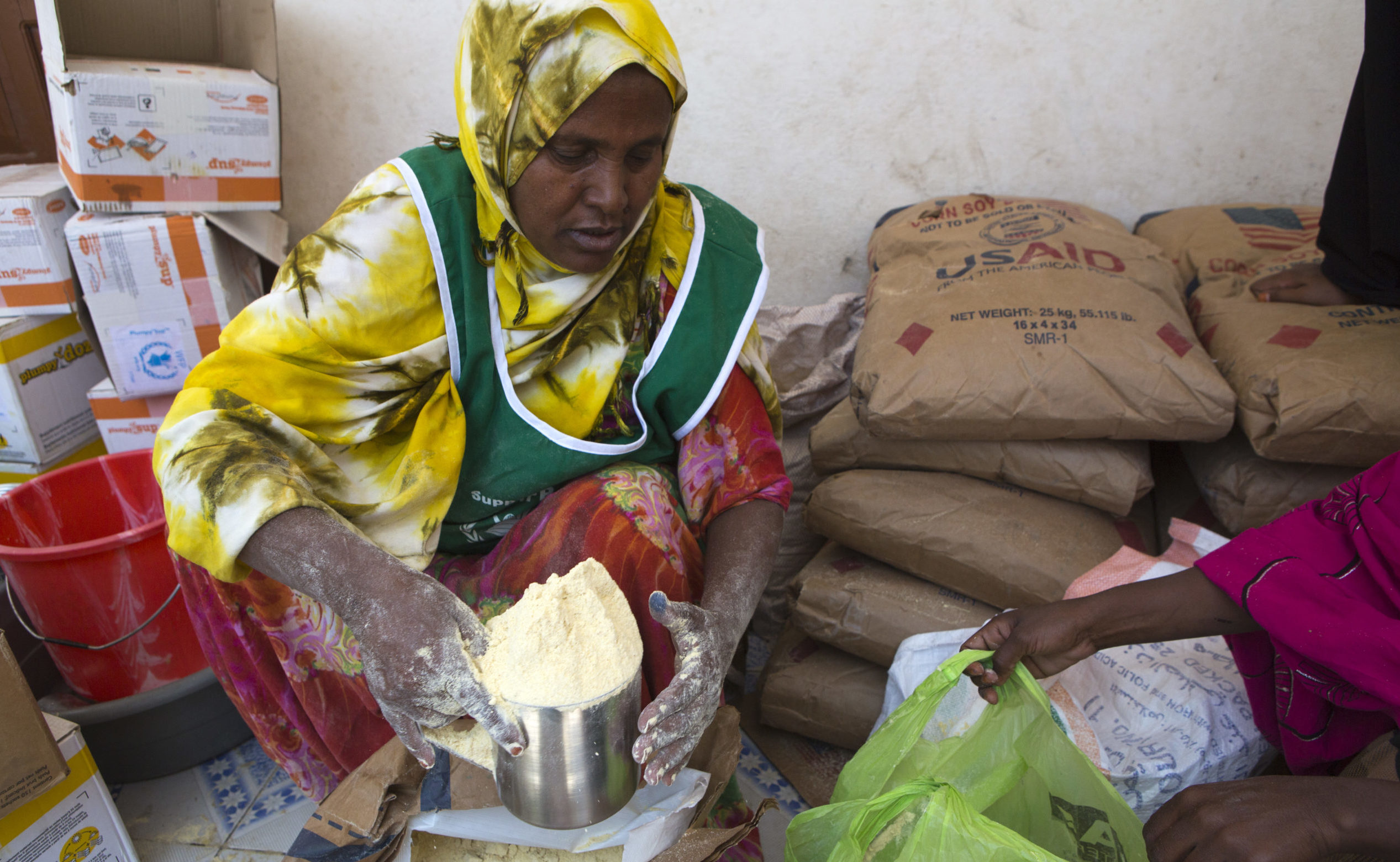
Global Hunger Crisis Fund

A global food insecurity crisis is threatening the lives of millions worldwide, most acutely in the Horn of Africa.
CDP’s Global Hunger Crisis Fund supports vulnerable, marginalized and at-risk groups to prevent and address extreme hunger and malnutrition and their urgent, life-threatening impacts. Our efforts are focused on long-term recovery and building resilience to current and future conflict, climate-related drought and food insecurity.
Due to the worsening humanitarian situation and acute food insecurity figures, the fund is currently geographically focused on Somalia, Kenya, Ethiopia and South Sudan. However, with these challenges worsening in many other “hunger hotspots,” the fund may expand its scope as we continue to monitor the global hunger crisis.
(Photo: An internally displaced woman in Somalia receives food. Credit: Karel Prinsloo, WFP via Flickr; CC BY-NC 2.0)
Even before the COVID-19 pandemic reduced household incomes and disrupted markets and supply chains globally, chronic and acute hunger was rising due to various factors, including conflict, socio-economic conditions, natural hazards, climate change and pests. The war in Ukraine has negatively affected global food security, with food prices likely to remain high for the foreseeable future. This pushed millions of additional people into acute food insecurity and potential famine.
In addition to urgent life-saving emergency assistance to prevent starvation and death from hunger, investment in long-term solutions and resilience-building measures are needed to avoid the recurring and increasing frequency of food insecurity crises and famine in many contexts globally.
This fund supports this disaster:
Medium and long-term recovery
We will support recovery programs identified by our disaster experts in partnership with those in affected communities. This often includes:
- Economic recovery and the restoration of resilient livelihoods for the most at-risk populations, especially amid impacts of climate change, conflict and other hazards.
- Early childhood development, such as education and nutrition, targeting young children, parents, caregivers, teachers and other key stakeholders.
- Improved access to water, sanitation, hygiene and health services.
- Unique needs of refugees and internally displaced populations.
- Research and other initiatives on disaster and climate change resiliency and mitigation strategies.
- Advocacy to change or improve systems and policies that help communities equitably recover from the impact of disasters.
Community- and expert-informed
Through consultation with local stakeholders, our team continuously identifies specific unmet recovery needs and funding gaps in the most vulnerable communities. We are currently investing in Somalia, Kenya, Ethiopia and South Sudan.
Prioritize investments in local organizations
CDP grants to locally-led entities as much as possible. When granting to trusted international partners with deep roots in targeted countries, more consideration is given to those that empower local and national stakeholders.
Intersectional racial equity lens
CDP prioritizes giving resources aimed at meeting the needs of populations and individuals who systemic inequities have marginalized and who are often left out of emergency assistance and recovery plans.
With support from our Global Hunger Crisis Fund, our grantee partners are helping communities build resilience to drought and food insecurity and prevent and address hunger and malnutrition.
Promoting climate smart-agriculture to restore lost livelihoods and provide food security
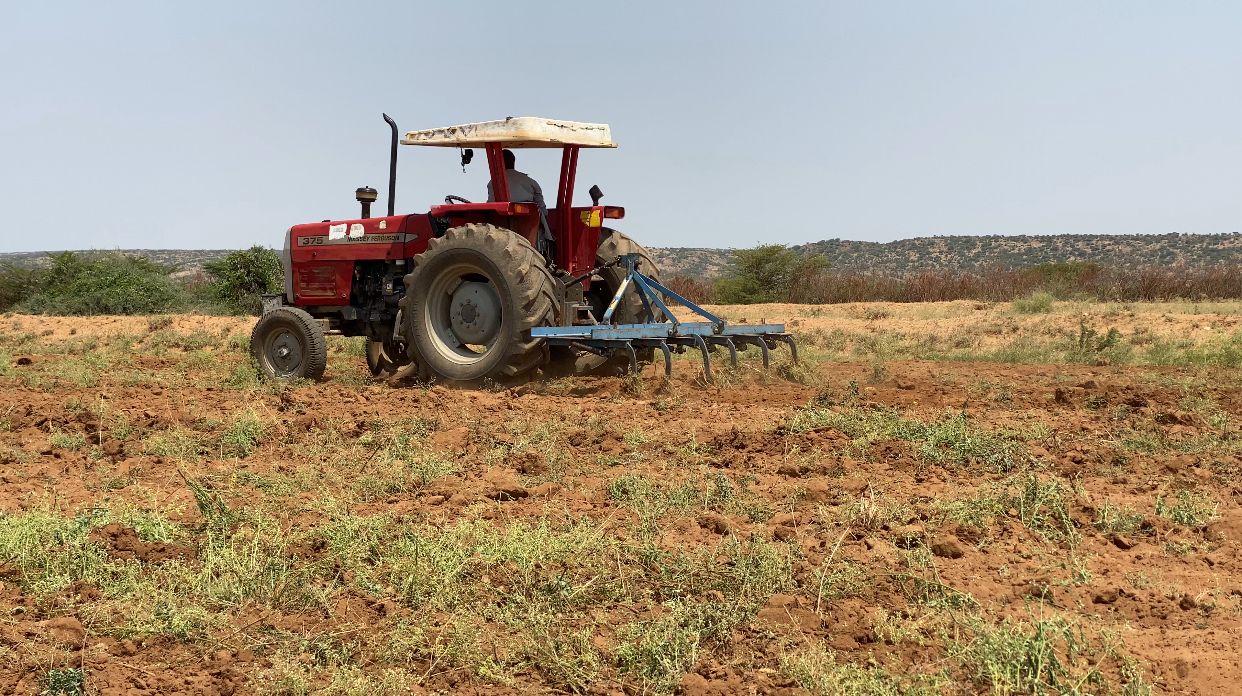
Thank you to the following donors for their generous support of the CDP Global Hunger Crisis Fund.







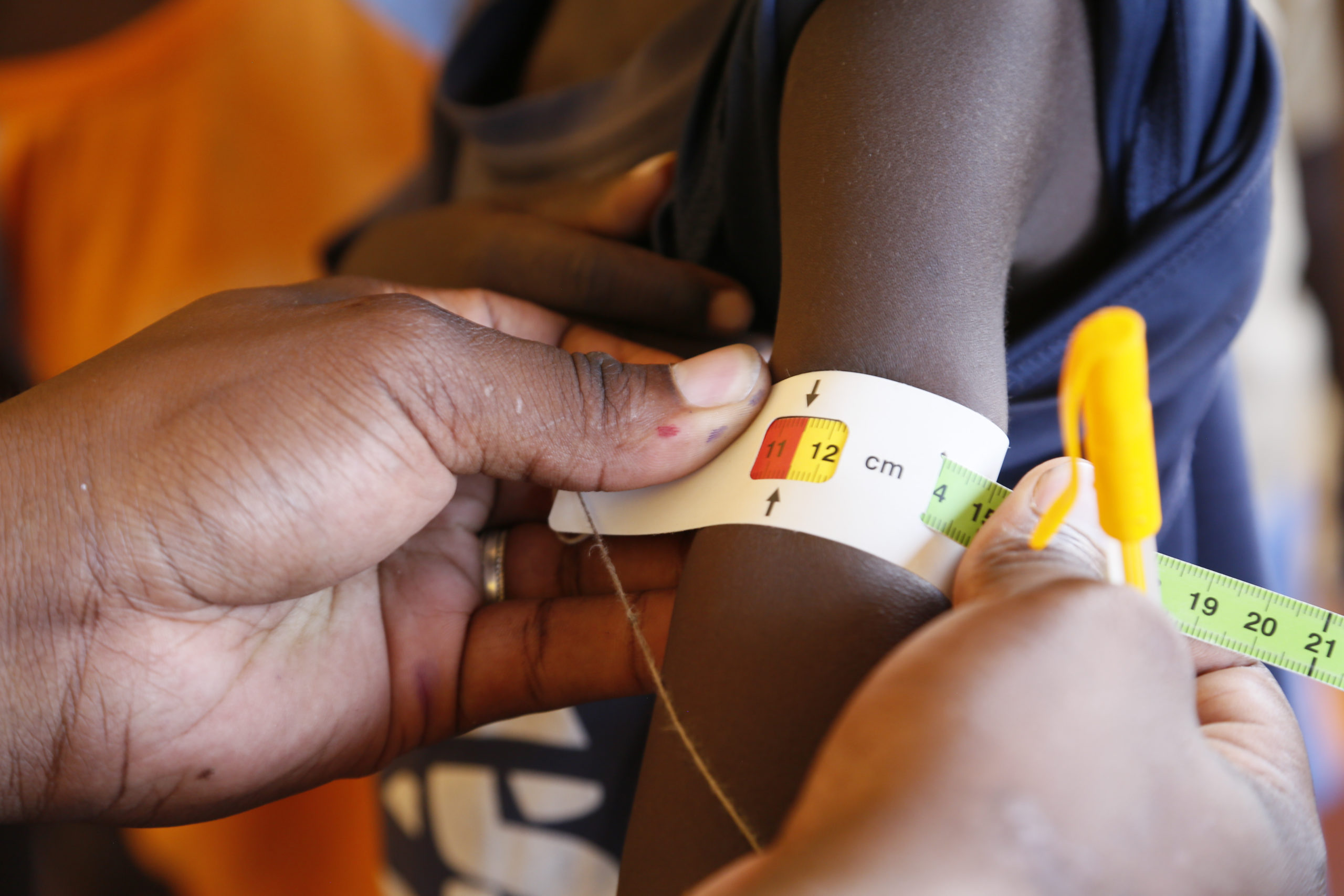
Your support of this fund will have a direct and significant impact on CDP’s efforts to meet the ongoing and ever-expanding humanitarian challenges from the crisis in the Horn of Africa.
Connect With Us
To make a gift or learn more about the Fund, please contact our Development Team. (Photo: IRC staff measure the upper arm circumference of 7-year-old as part of a malnutrition screening program at a health clinic in Turkana County, northwest Kenya. Credit: Russell Watkins/DFID via Flickr; CC BY 2.0)
Fund updates
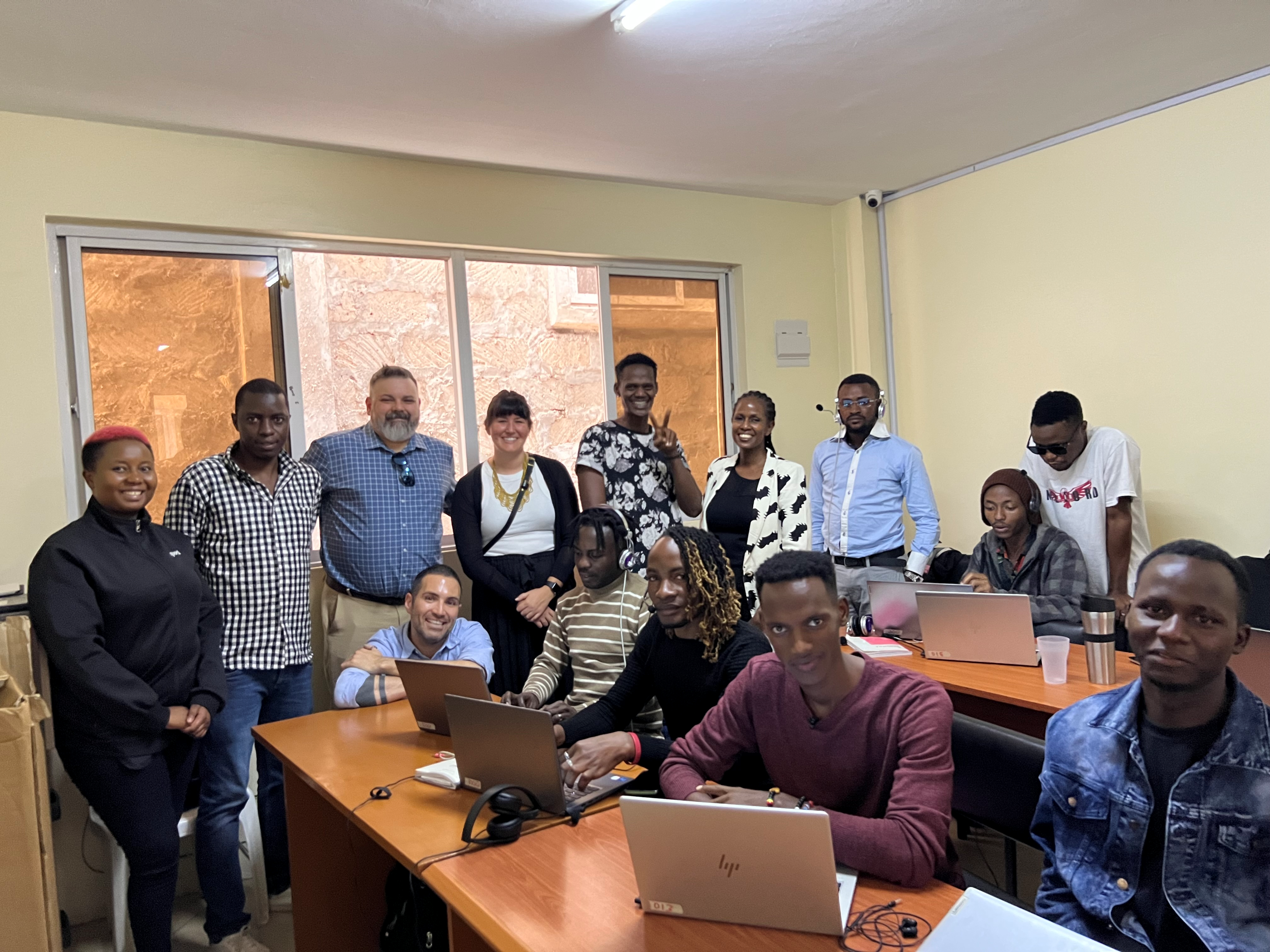
We need tools: Reflections from my trip to Kenya
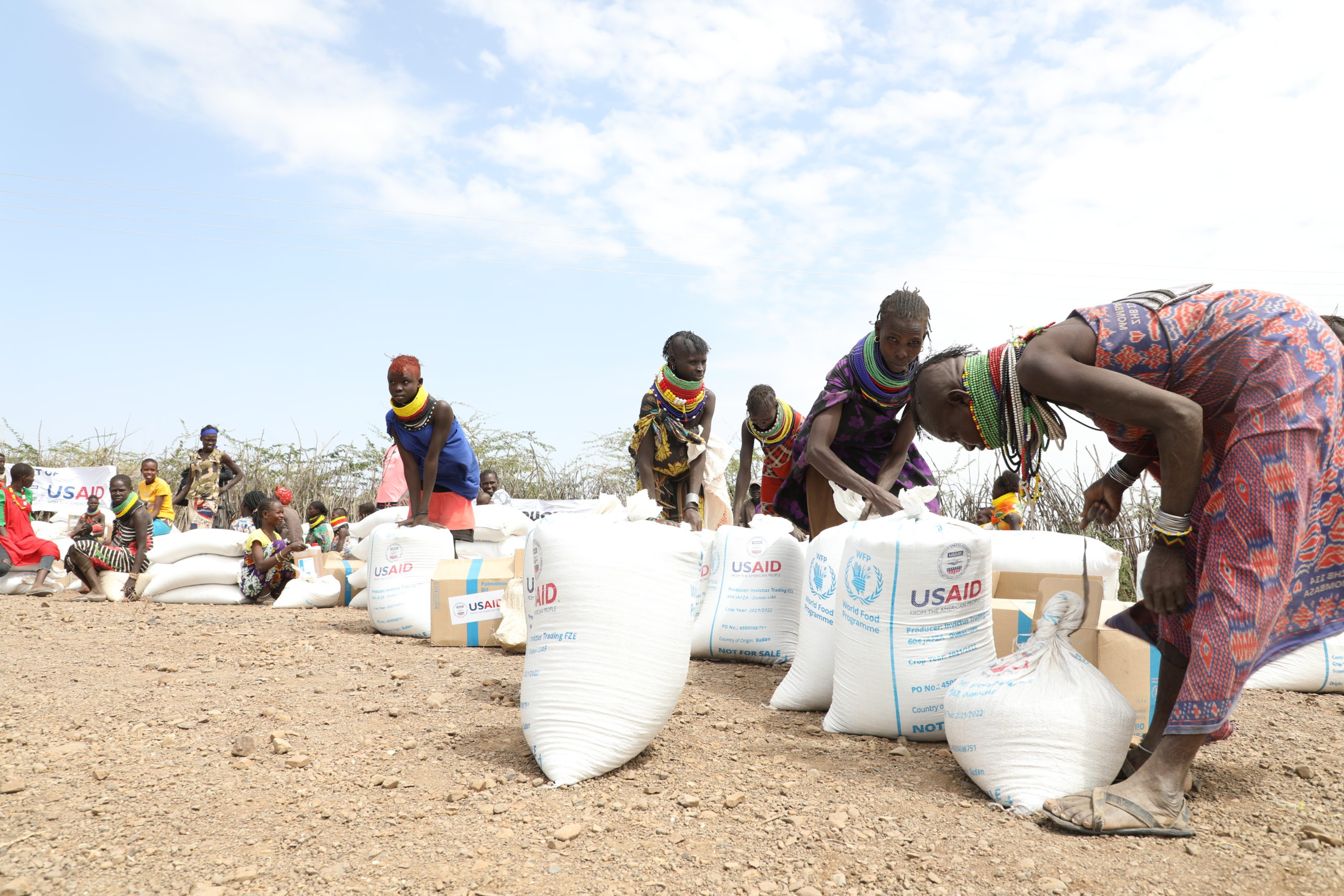
Injustice in the Horn of Africa: How funders can avert widescale catastrophe

CDP launches a Global Hunger Crisis Fund
Resources
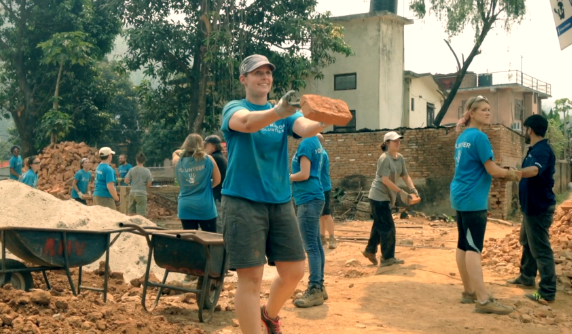
Resilience
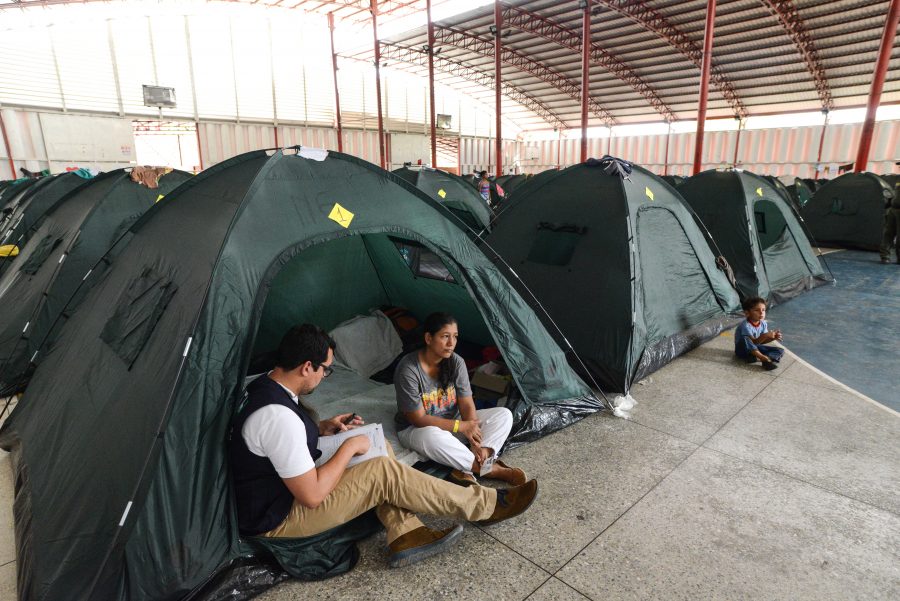
Complex Humanitarian Emergencies
